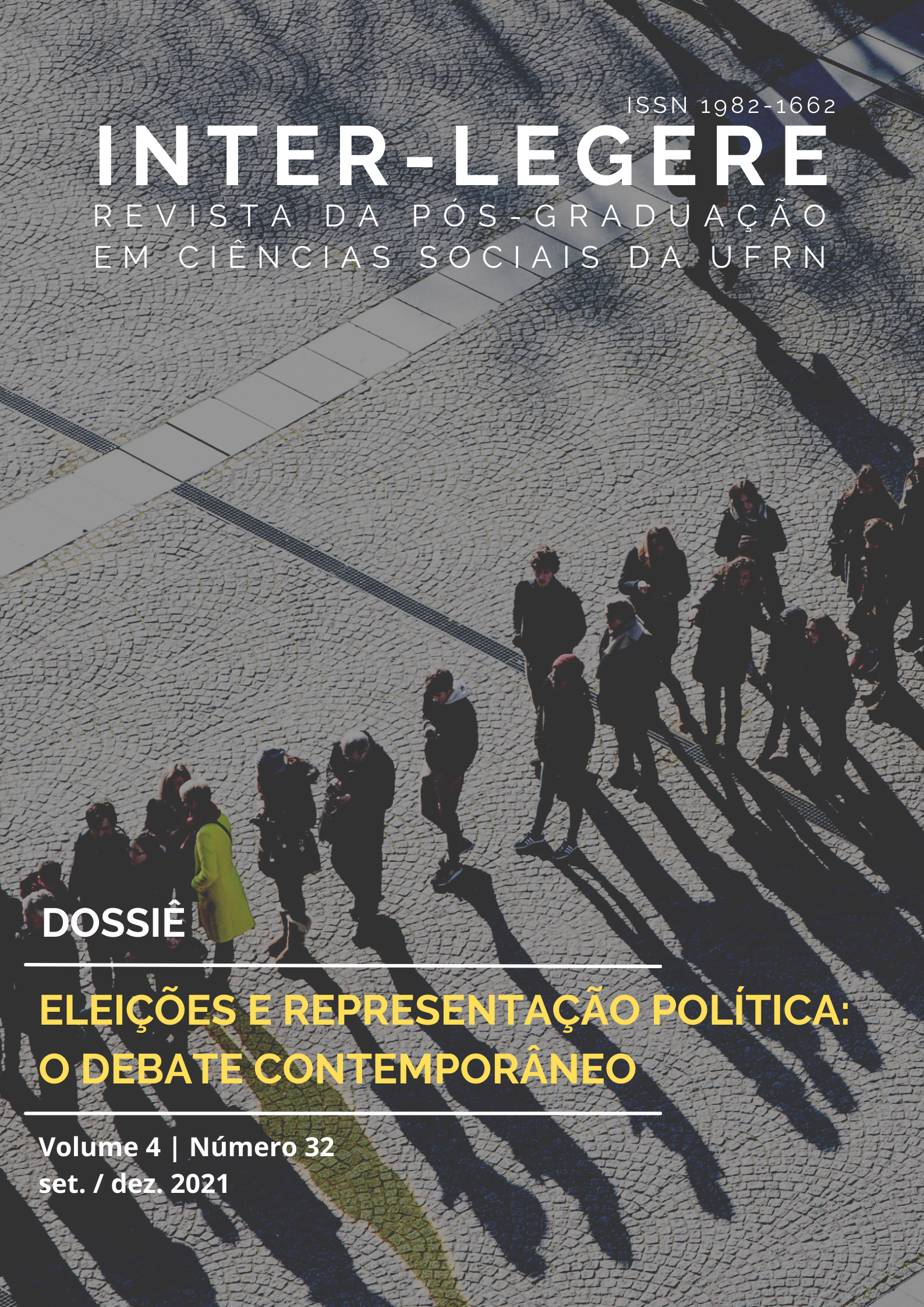A FRENTE PARLAMENTAR EVANGÉLICA NO CONGRESSO NACIONAL
Representatividade política dos evangélicos?
DOI:
https://doi.org/10.21680/1982-1662.2021v4n32ID25787Abstract
This article presents an analysis of the Evangelical Parliamentary Front in the National Congress (FPE) which claims for itself the status quo of representative of Brazilian evangelicals, which is the social segment that grew the most in the intercensus period from 2000 to 2010. FPE currently comprises 195 deputies and 08 senators that together account for a block of 20 political parties, being one of the most active benches in the National Congress. The objective of this research is to analyze the representativeness of the FPE and what are the real influences and control of it in the party fidelity and in the votes of its members and of the evangelical community. The methodology applied is qualitative in nature, based on bibliographic and documental studies, in a historical-dialectical perspective. It can be provisionally concluded that the Evangelical Parliamentary Front claims the concession of the representation of the Evangelical community, but, in practice, it does not represent them. As for its influence, it acts more reactively than purposefully, in fact, it does not control the majority of the votes of Brazilian evangelicals.
Keywords: Evangelical Parliamentary Front. Political Representativeness. Pentecostals and politics. Religion.


 Português (Brasil)
Português (Brasil) English
English Français (Canada)
Français (Canada) Español (España)
Español (España)





